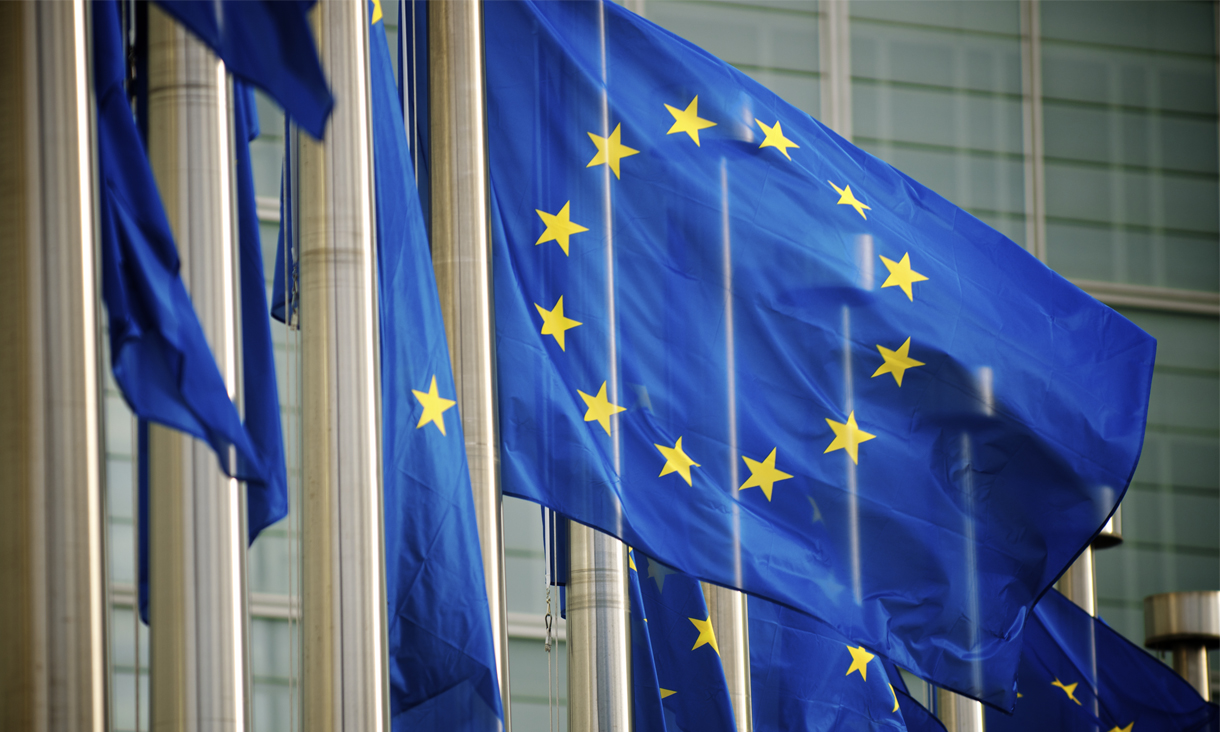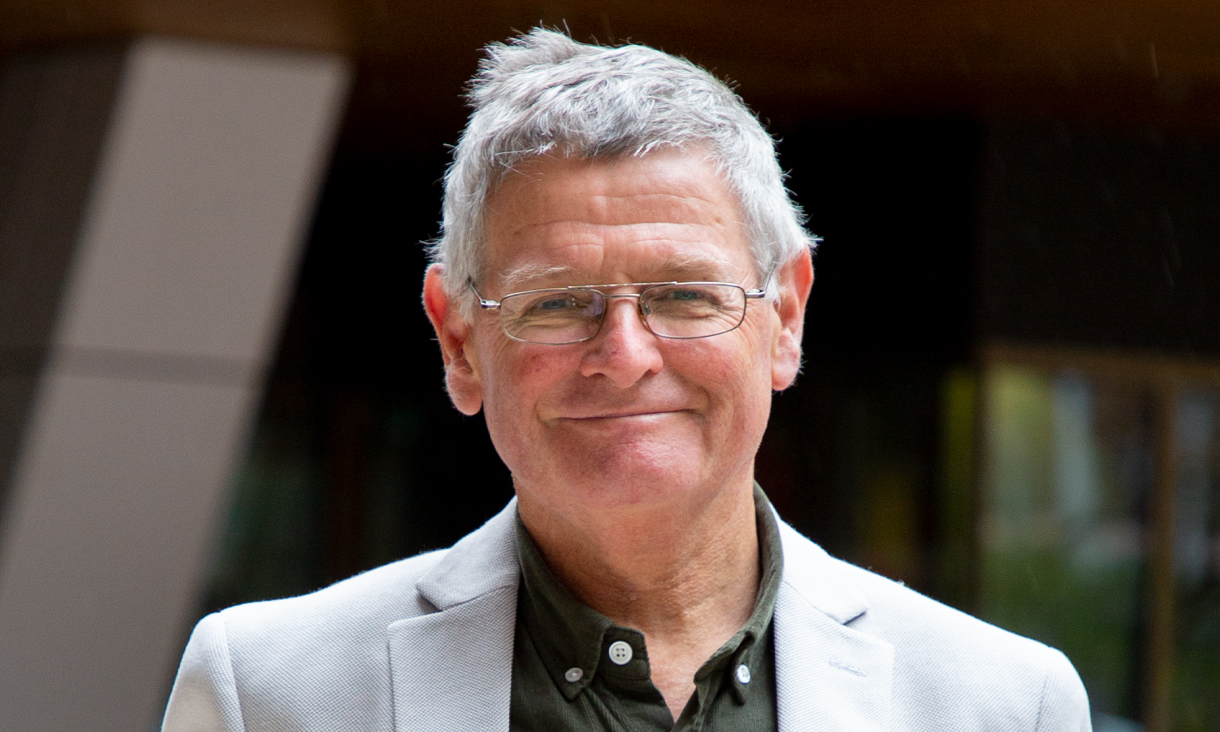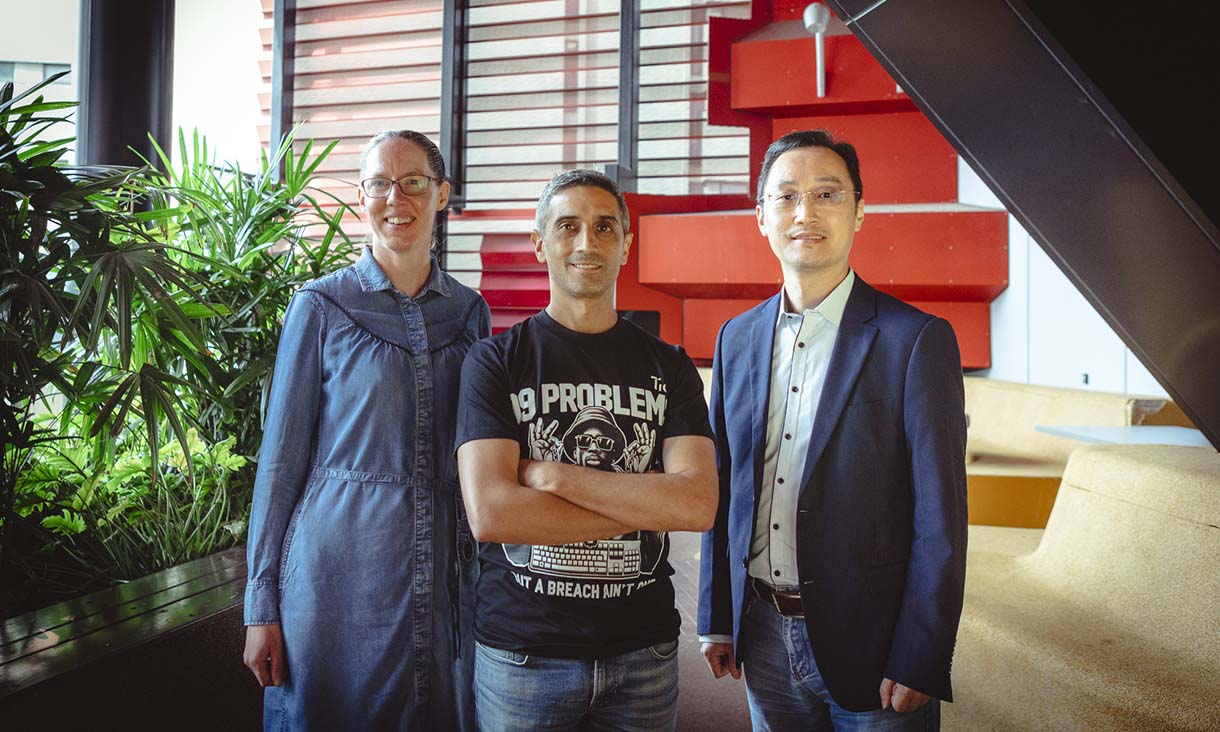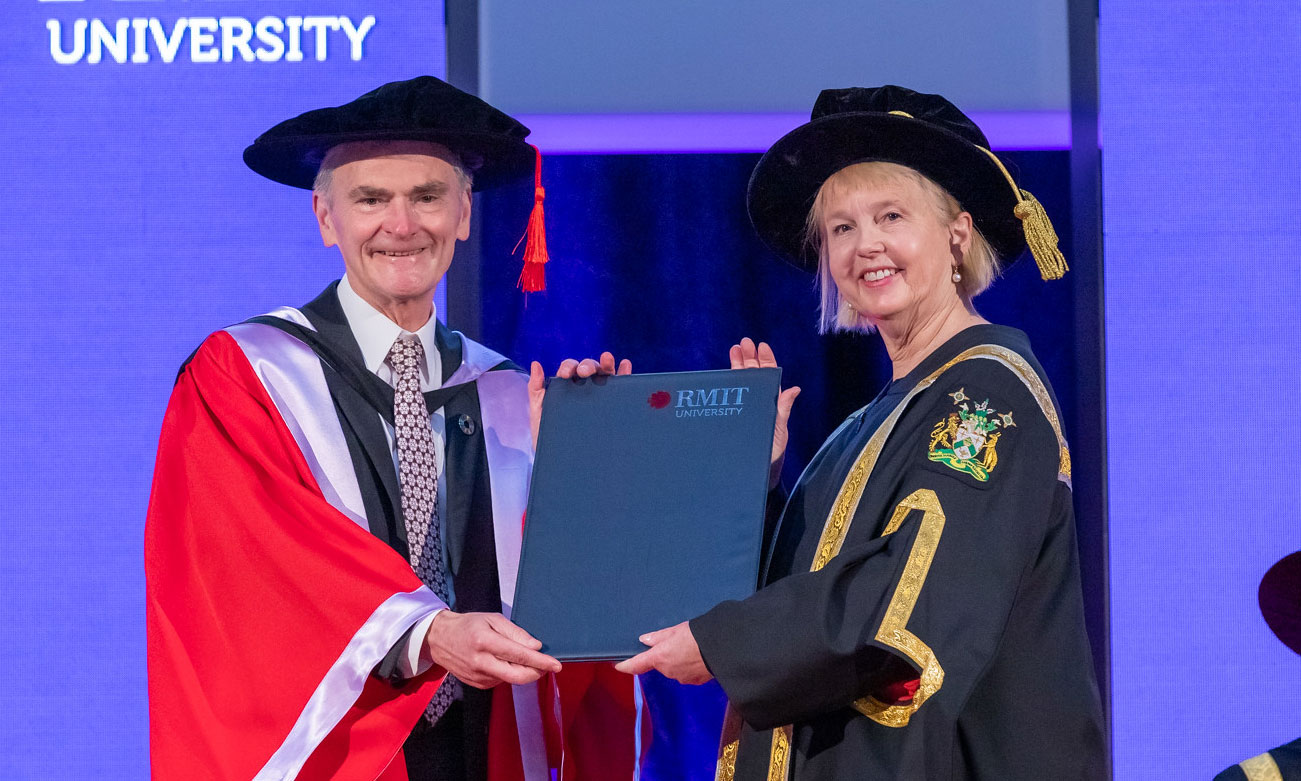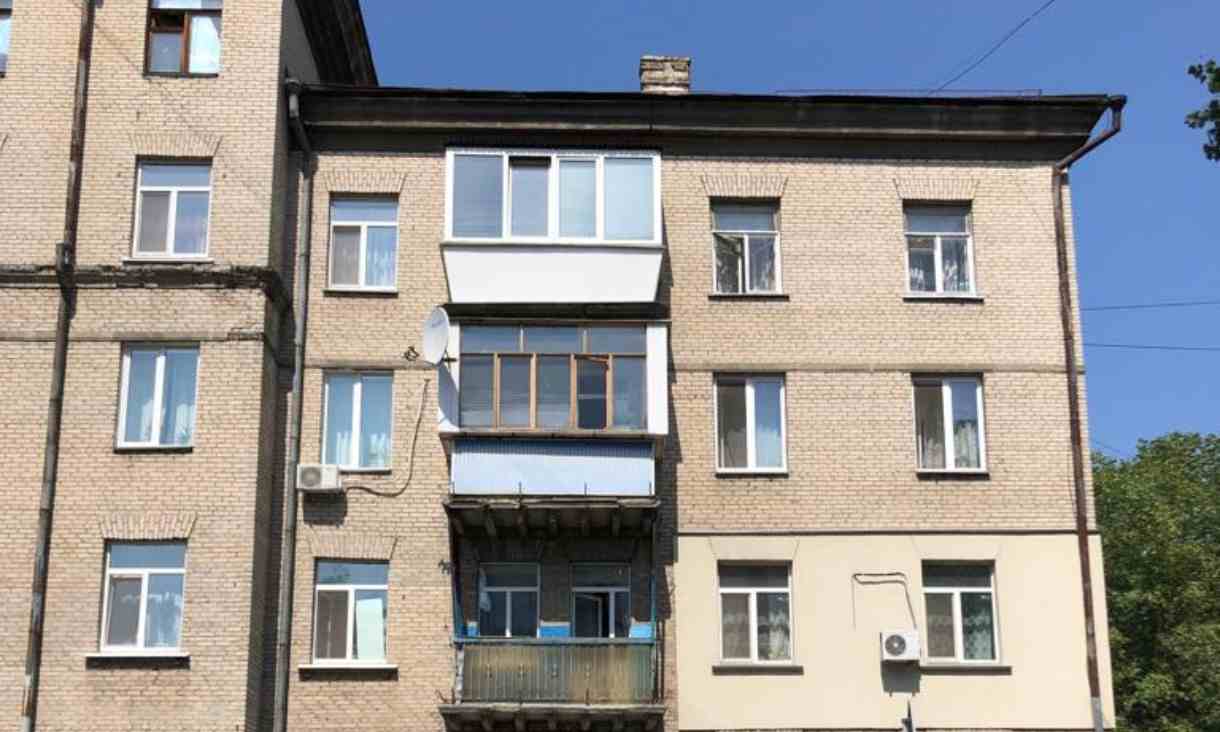Why is Europe in such transition at the minute?
All the key representatives of the European Union have changed in 2019. A new European Parliament was elected in May. Now there is a new President of the European Commission (the civil service), new Commissioners (one from each member state), who are like our cabinet, and a new President of the European Council, which is where all the leaders of the member states meet. Then there’s Brexit, a source of great uncertainty which might lead to more transition.
What has caused the transition?
These changes occur every five years or so. The Brexit process is now almost 12 months past its due date, so the uncertainty from this is causing problems for many people and businesses.
What are the challenges and opportunities for Europe in 2020?
From the EU point of view, the main priorities are climate action, strengthening their economy, and consolidating new institutions for security. However, consolidating the new leadership roles and managing Brexit will be very important.
Brexit has dominated headlines again this week. What’s your take on news of a December 12 election?
The UK General Election means that Brexit uncertainty is even greater. Prime Minister Boris Johnson has wanted an election to consolidate his own personal position and to give him five years to resolve Brexit and set his own agenda. However, I see no chance of the Conservatives winning government in their own right. That means that Johnson will have to form a coalition government, if he wins the most seats, and that will almost certainly lead to a second referendum.
What does all this transition and uncertainty in Europe and Britain mean for Australia?
In the short term, it means very little. Australia will focus on concluding a Free Trade Agreement with the European Union. Should Brexit occur, it’s likely that they would then commence negotiations with the UK very quickly. Again, once Brexit is resolved, there are likely to be less restrictive arrangements for Australians to travel to both the EU and to the UK. Those often-annoying telephone roaming charges when travelling in the EU will be reduced. Australian businesses will have new opportunities for open trade once the agreements are concluded. Some form of geographical indications will strengthen the claims of small Australian businesses whose market position is based on provenance.
Story: Amelia Harris
